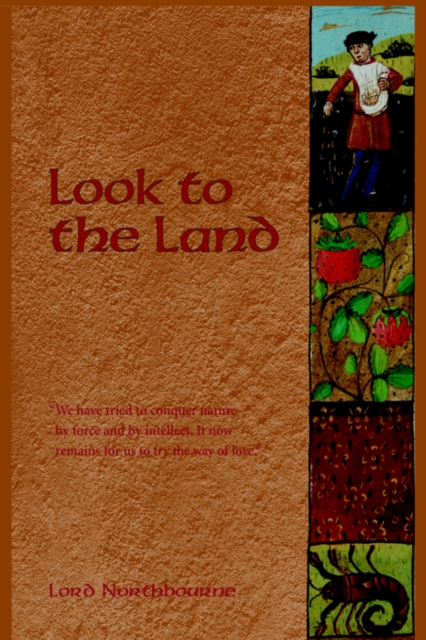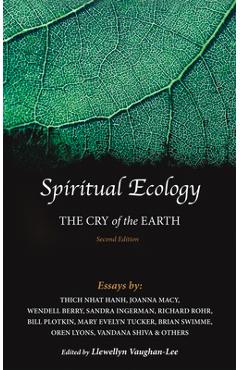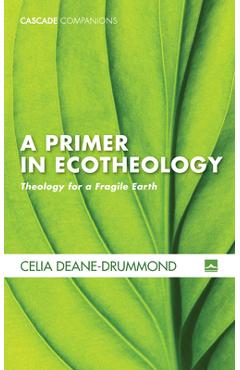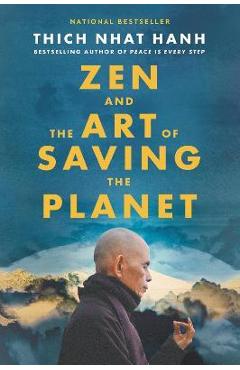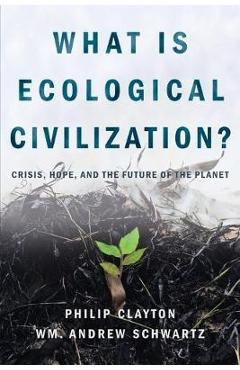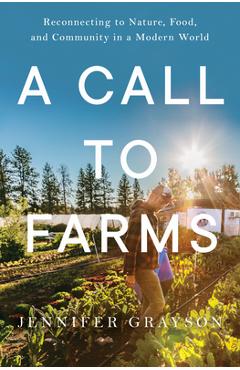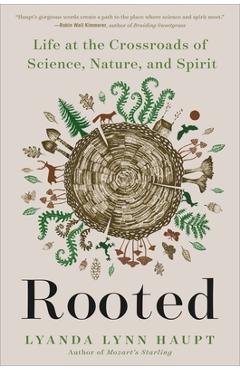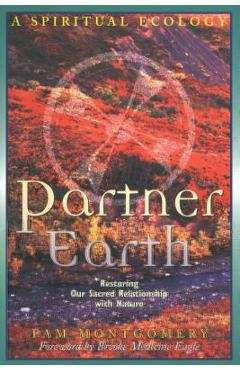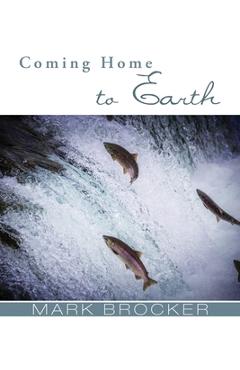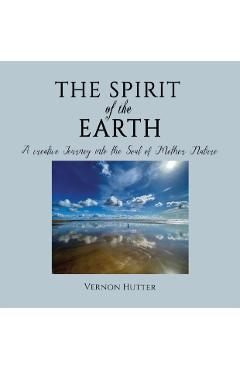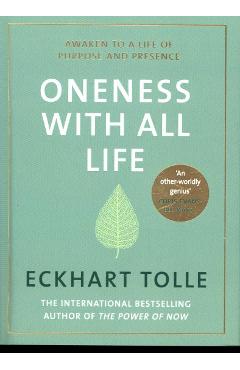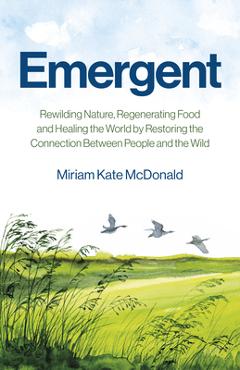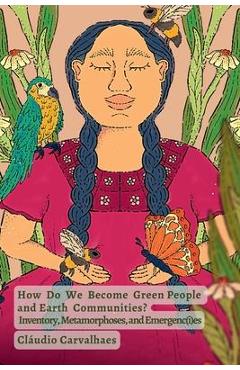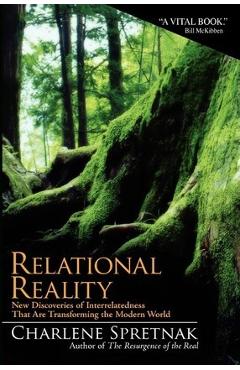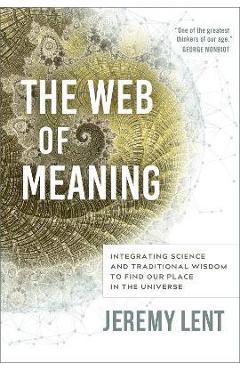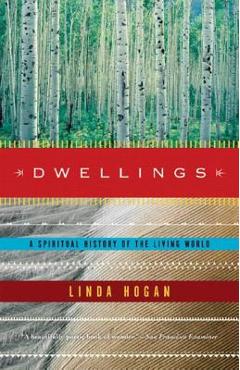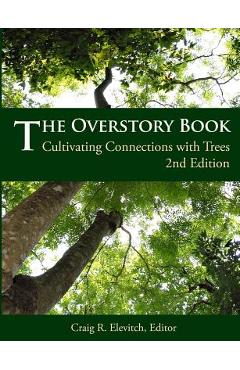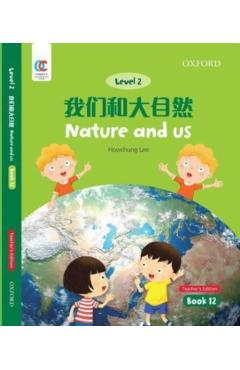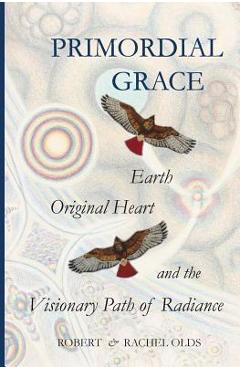'Without vision the people perish.' So wrote the poet William Blake. Lord Northbourne (1896-1982) was a man of exceptional and comprehensive vision, who diagnosed the sickness of modern society as stemming from the severance of its organic links with the wholeness of life. But like his better-known younger contemporary E. F. Schumacher (author of Small is Beautiful), whose work developed along very similar lines, Northbourne's occupation as a practicing organic farmer (he coined the term) was joined to a deep conviction that humanity does not live by bread alone, and that the fullness of life properly integral to human nature demands obedience to sacred law. Thus his vision of life came to embrace the interrelationship of God, humanity, and the soil as a unity presupposing a way of life in stark contrast to that of the myopic, mechanististic world he saw encroaching on all sides. And so, as it becomes increasingly evident that such a way of life stands to emperil our very future and that of the delicate ecosystem on which all life depends, it is time to re-examine the work of this pioneering thinker. In an age of specialization and fragmentation, we have much to learn from Northbourne, whose vision of what is required by a truly meaningful and sustainable society embraced religion, farming, the arts, the rural crafts, monetary form, and traditional metaphysics. Northbourne's later works, Religion in the Modern World and Looking Back on Progress, present his wider reflections on the Divine and human society, but always with the sensibility of a man who knows the soil, recalling in many ways the writings of Wendell Berry. He corresponded with Thomas Merton, as well as mountaineer and Tibetan Buddhist Marco Pallis (The Way and the Mountain), who introduced him to the school of perennialist writers. Northbourne translated René Guénon's The Reign of Quantity and the Signs of the Times, described by Huston Smith as one of the truly seminal books of the twentieth century, as well as Frithjof Schuon's Light on Ancient Worlds and Titus Burckhardt's Sacred Art in East and West. He was also an accomplished flower gardener and watercolorist, and a frequent contributor to the British periodical Studies in Comparative Religion, described by Schumacher as one of the two most important journals to read. Sophia Perennis is republishing all three of Northbourne's works, a fourth volume of uncollected essays spanning agriculture and metaphysics, as well as the 23-volume Coll
